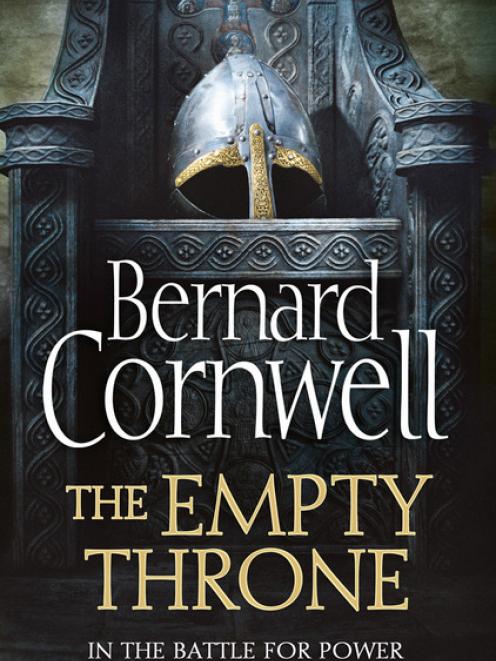
The ancient Kingdoms of Mercia and Wessex have united to fight the attacks from the Danes in East Anglia and the Vikings settling by the Irish Sea. It is the 10th century and Albert's dream of a united Britain seems still just that - a dream.
The story is told by the Uhtreds, father and son, who hail from Bebbanburg, in the north of what they have learned to call Englaland. They are revered and feared warriors who have a vision of just rulership and a strategy for succession planning to achieve that.
The major dilemma is that Aethelred, lord of the Mercians is terminally ill, and the male contenders for the title are not up to the challenge. Uhtred supports the widow-to-be, Athelfaed, for this role, but widows are generally sent to Nunneries to contemplate their lives and ''stay safe''. The reasons for the support become clear as a sequence of battles and strategic moves play out, and a subtle move, worthy of a high stakes poker game is effected.
Cornwell's story telling is rich and complex. He manages to shift the pace to both carry you through a battle and encourage reflection on diplomacy and its consequence. Chapters are in identifiable sections and many sections reach completion through tiny poetic offerings.
After a hectic battle, Uhtred takes his men to hide in the woods: ''It was a night for killing. And we waited in the trees. And we waited. An owl called. Somewhere a vixen cried. And we waited.''
Plenty of excitement, plenty of refection, plenty of commentary on attitudes and role possibilities. Cornwell is able to offer all of these and give a rewarding vision of the time to his reader.
- Willie Campbell is a Dunedin educator.











